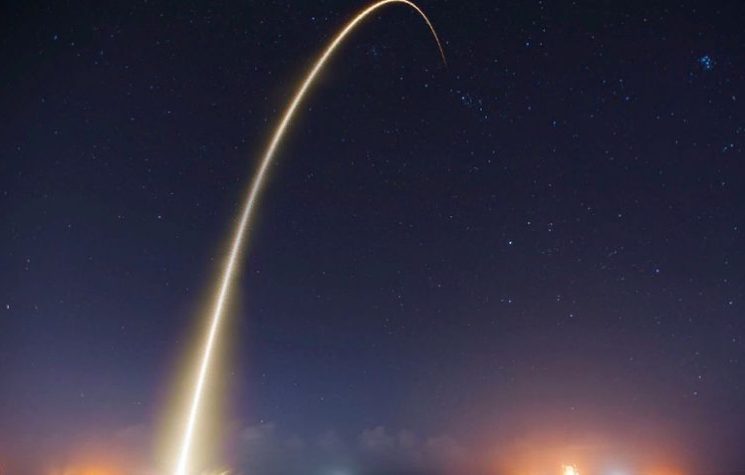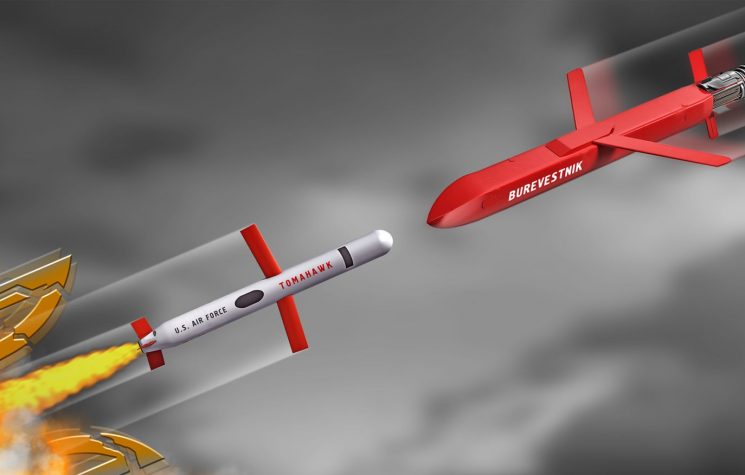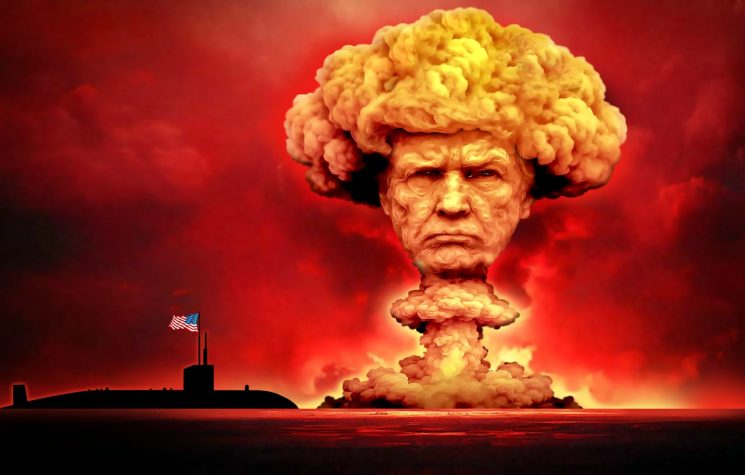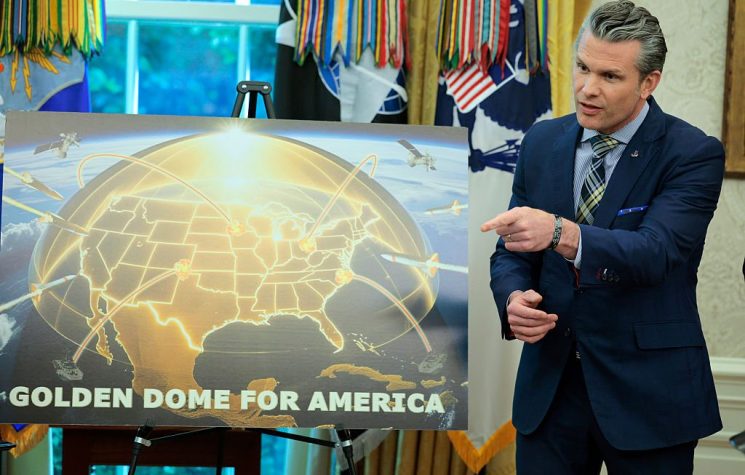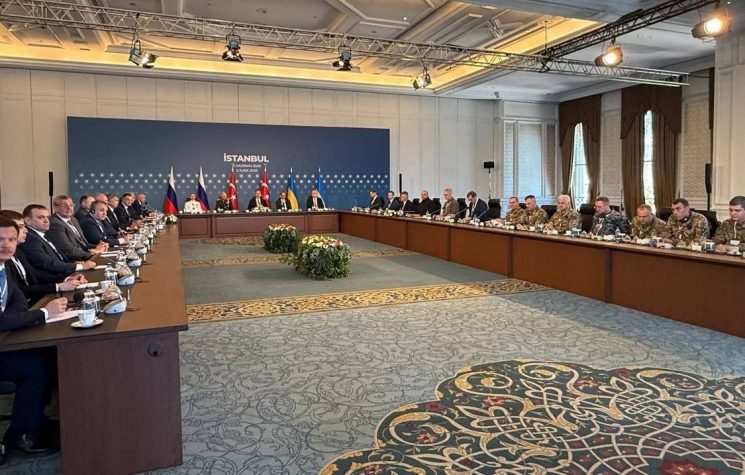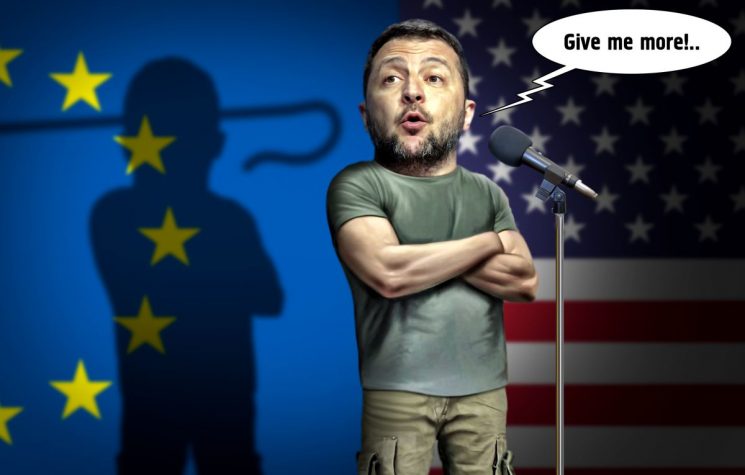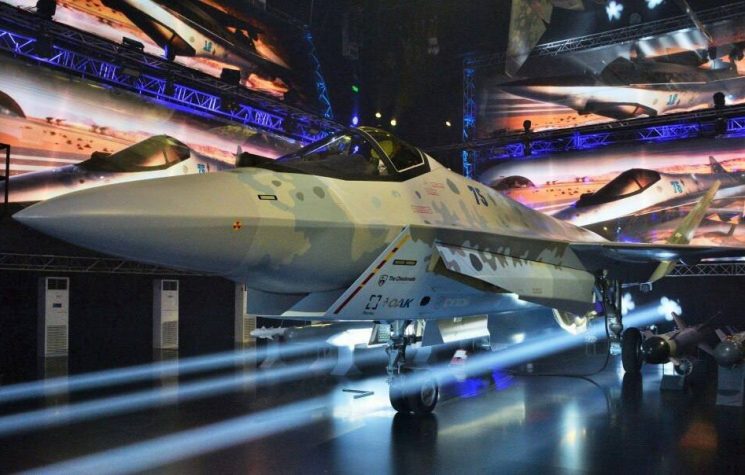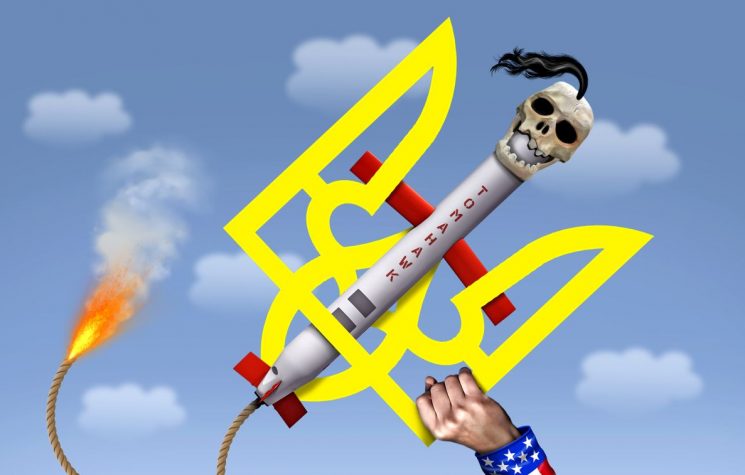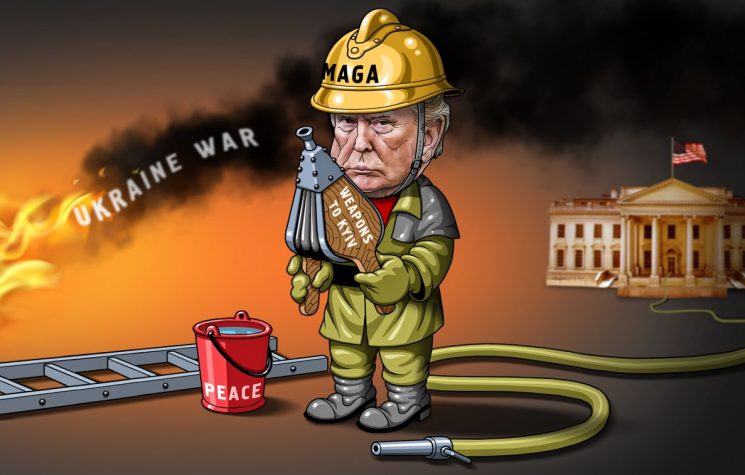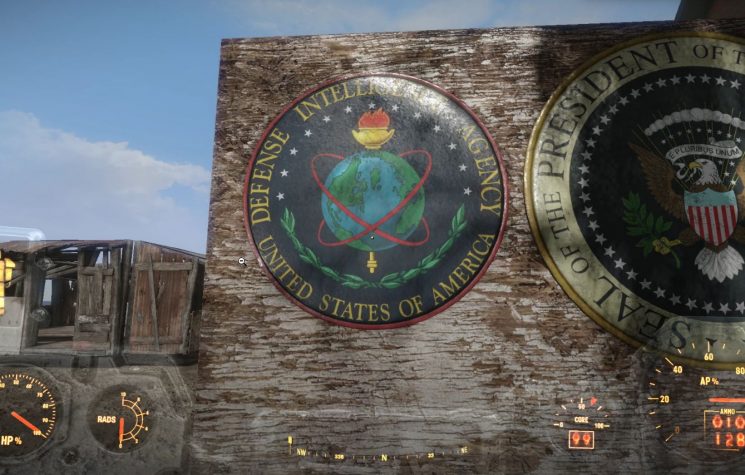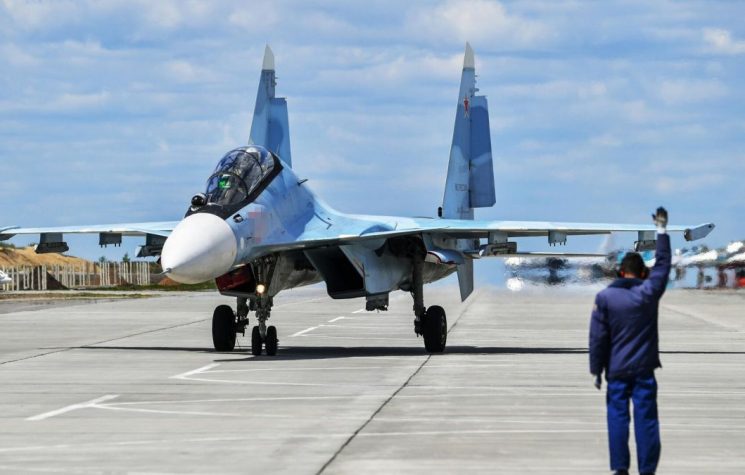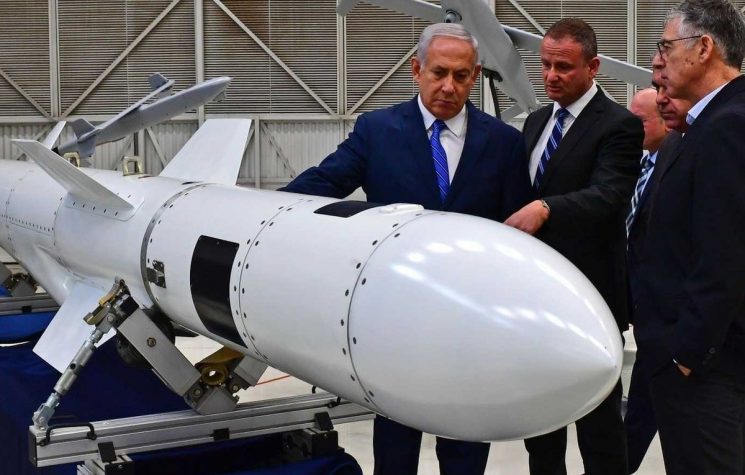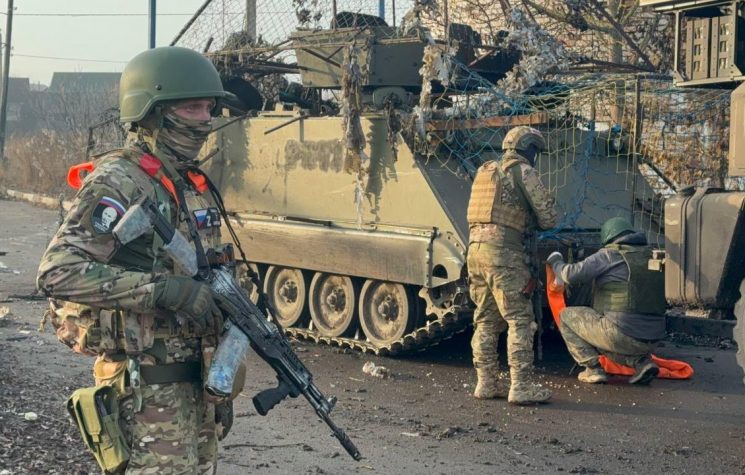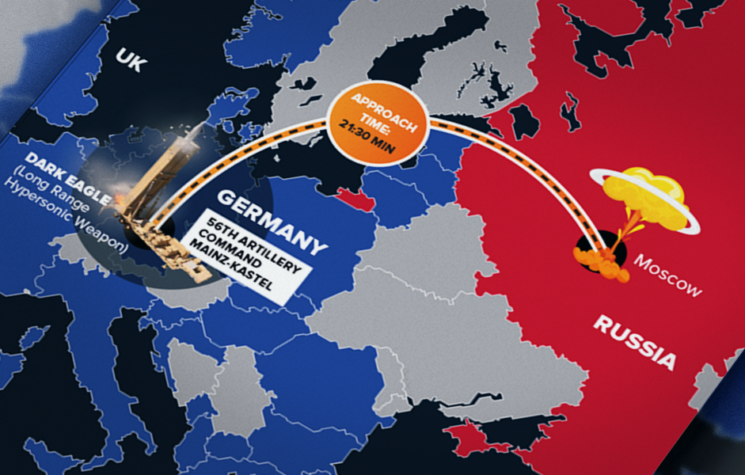The president has made clear that we have a tried and true practice here. We know how to win these races and we know how to spend the adversary into oblivion. If we have to, we will, but we sure would like to avoid it.
Marshall Billingslea, May 2020
Billingslea is President Trump’s Special Presidential Envoy for Arms Control and will presumably be in charge of Washington’s team in negotiating a new START treaty.
An outstanding example of American arrogance and ignorance, to say nothing of the implication that the only actual negotiation expected will be over how loudly the negotiatees say “Yes Master”. Hardly likely to entice anyone to the table, let alone China.
The Soviet Union went down for many reasons which can be pretty well summed up under the rubric that it had exhausted its potential. Its economy was staggering, nobody believed any more, it had no real allies, it was bogged down in an endless war. Buried in there somewhere was the expense of the arms race with the USA. Billingslea evidently believes that it was that last that was the decisive blow. Believing that, he thinks that the USA can do it again.
A snappy comeback immediately pops into mind: staggering economy, loss of self confidence, allies edging away, endless wars – who’s that sound like?
But there is a bigger problem than his arrogance and that is his ignorance. Washington likes to think that its intelligence on Russia is pretty good but actually it’s pretty bad – and the proof is that it is always surprised by what Moscow does next. Intelligence is supposed to reduce surprises, not increase them.
What Billingslea is ignorant of is the difference between the Russian Federation and the Union of Soviet Socialist Republics. And he probably isn’t alone in this ignorance in Washington: yes they know it’s not communist any more – some of them do anyway – but that’s just the outward difference. The USSR was an exceptionalist state. As the 1977 USSR Constitution said:
the Soviet state, a new type of state, the basic instrument for defending the gains of the revolution and for building socialism and communism. Humanity thereby began the epoch-making turn from capitalist to socialism.
There’s a heavy cost to being an exceptionalist state – everything everywhere is your business, you are obligated to interfere all over the world, in the USSR’s case, any government that called itself socialist was entitled to assistance. The Soviet Union’s military was not just for self-defence, it was for power projection, assistance to allies and it sought full-spectrum dominance. Or, if not dominance in every imaginable sphere of warfare, at least capability. If Washington or NATO did something the USSR and the Warsaw Pact had to respond – no challenge could go unanswered. You can “spend into oblivion” a country with so expansive a self-awarded mission, especially one with a flaccid economy. And Washington tried to do so and, and I agree that the arms race made some contribution to the dissolution of the USSR and its alliance.
But Moscow has learned its lesson. Being the standard-bearer of the “bright future” brought it nothing; propping up socialist governments that deserted the moment the tanks went home brought it nothing. Exceptionalism was a bust for Russia and the Russians. It won’t do it any more. And that implies a much more modest military goal: defence. And defence is always cheaper than offence.
Moscow doesn’t have to match the U.S. military; it just has to checkmate it.
Washington can interfere in Africa as much as it wants, Moscow doesn’t care – and if it should care, it’s demonstrated in Syria how effective a small competent and intelligently directed force can be. Washington can have all the aircraft carriers it wants; Moscow doesn’t care as long as they keep away – and if they don’t keep away, they have plenty of Kinzhals. Washington can build a space force (complete with cammo uniforms) if it wants to; Russia doesn’t have to – it just has to shoot down what attacks it. Checkmate in one defined area of the globe is much easier and much cheaper than “full spectrum dominance”.
Full spectrum dominance is the stated goal of the U.S. military: supremacy everywhere all the time.
In practice it’s unattainable; it’s like looking for the end of the rainbow: every time you get there, it’s moved somewhere else. The countermove will always be cheaper and simpler. The USA will bankrupt itself into oblivion chasing down supremacy over everything everywhere. Take, for example, China’s famous carrier killer missile. Independently manoeuvrable hypersonic powerful warhead; here’s the video. Does it exist? Does it work? Maybe it does, maybe it only works sometimes. Maybe it doesn’t work today but will tomorrow. But it certainly could work. How much would Washington have to spend to give its carrier battle groups some reasonable chance against a weapon that was fired thousands of kilometres away and is coming in at Mach 10? Certainly much less than it would cost China to fire five of them at that one carrier; only needs one hit to sink it or put it out of action. Who’s going to be spent into oblivion here?
Which brings me to the next retort to Billingslea’s silly remark. Before the U.S. spends Russia and China into oblivion, it must first spend to catch up to them. I’ve mentioned the Chinese carrier killer, Russia also has quite a number of hypersonic weapons. Take the Kinzhal, for example. Fired from an aircraft 1500 kilometres away, it will arrive at the target in quite a bit less than 10 minutes. When will its target discover that it’s coming? If it detects it 500 kilometres out (probably pushing the Aegis way past its limits) it will have three or four minutes to react. The Russian Avangard re-entry vehicle has a speed of more than Mach 20 – that’s the distance from Moscow to Washington in well under five minutes. How do you stop that? Remember that Russia actually has these weapons whereas all the U.S. has is a “super-duper missile“. Not forgetting the Burevestnik and Poseidon neither of which the U.S. has, as far as is known, even in its dreams. So, Mr Billingslea, before you get the USA to the point of spending Russia and China into oblivion, you’ve got to spend a lot to catch up to where they already are today and then, when you get to where they are today, even more to get to where they will be then and still more – much more – to block anything they can dream up in all of the numerous “spectrums”. Who’s heading for oblivion now?
In conventional war the U.S. military does not have effective air defences: this should be clear to everyone after the strikes on the Saudi oil site and the U.S. base. U.S. generals are always complaining about the hostile electronic warfare scene in Syria where the Russians reveal only a bit of what they can do. Russia and China have good air defence at every level and excellent EW capabilities. They do because they know that the U.S. military depends on air attack and easy communications. They’re not going to give them these advantages in a real war, Something else for Mr Billingslea to spend a lot of money on just to get to the start state.
The U.S. military have spent too many years bombing people who can’t shoot back, kicking in doors in the middle of the night and patrolling roads hoping there’s no IED today. Not very good practice for a real war or an arms race.
China and Russia, because they have given up exceptionalism, full spectrum dominance and all those other fantasies, only have to counter the U.S. military and only in their home neighbourhoods. That is much cheaper and much easier. What’s really expensive, because unattainable, is chasing after the exceptionalist goal of dominance in everything, everywhere, all the time. That’s a “tried and true” road to oblivion.
They’re just laughing at him in Moscow and Beijing.










